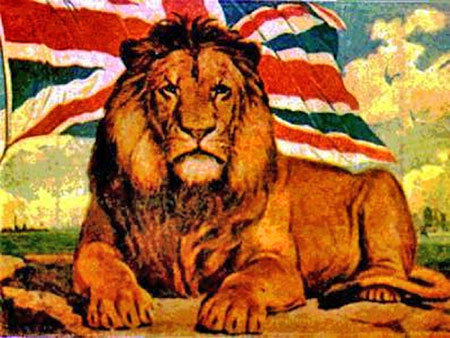|
There have been stages in British history when the Establishment, a term popularized by Henry Fairlie in the 1950s, has come in for some rough treatment, if only in cranky press columns.
Structurally speaking, the Establishment
- that group of individuals whose role is merely to influence others
by means of the Oxbridge common room deal - remains relevant, even
if it remains an unhealthy sore of British tradition.
In her words, such "negative comment and
innuendo" based on mere "perceptions" were the reasons cited for the
resignation.
When Prime Minister John Major implemented his disastrous "Back to Basics" campaign, one which emphasized traditional values which were promptly ignored in both bedroom and home, Martin Jacques would write in the Sunday Times (Jan 16, 1994) that it was a,
British society was,
Institutions had been left stranded, and
the past a poor substitute to articulate matters relevant to the
present.
Sources are often anonymous, with the information cycle and resulting decisions, being controlled by "credible" links. These remain hidden.
People are shrouded, tracks covered. It was this point that Fairlie noted in writing about the defection of Guy Burgess and Donald Maclean to the Soviet Union, both of the Cambridge Five set who, ironically, worked within the establishment against itself.
But old boys always remain old boys,
even if they piddle in the ponds of their upbringing.
Notably here, the exercise of that power
is based on those "subtle social relationships" with links,
connections, engagement.
Establishment thinking is corrupted by
its own assumptions - it rejects the state but thrives on its
complicity and assistance, be it rights and protections of private
property, vast subsidies, bailouts, a form of "socialism for the
rich".
The host has been strangled - class Britain has become moneyed Britain.
This is not merely some grumpy snipe. Britain has changed. The Thatcherite misfits have become the tenured Blairites, who have become the drunk Cameroonians dealing in disingenuous notions of shrinking the state.
This is a crude Britain, but it hardly
suggests a more egalitarian one. The new billionaires are stalking
the land, modern oligoi who have taken all and sundry under the
direction of the law. Some of the Tory toffs are struggling to keep
up.
This is not necessarily a healthy thing, but it need not be an unhealthy one.
As Jacques himself noted, such an elite
needs to work according to forms of "openness and porousness". Those
in power should be accountable. It should be wielded with a degree
of transparency. Breaches of that trust should be punished.
The establishment has become outsourced and very much a creature of market principles.
The People's Army of
UKIP, for that reason, are a
bubbling menace for it, dragging away support with its truculent
populism. UKIP's victory at Clacton-on-Sea, and close calls at
Heywood and Middleton, are giving the Tories blushes and headaches.
In some parts of the country, they also risk doing the same to
Labour.
The pint at the bar with the 'common folk' implies precisely that, an undermining of the threads of hierarchical relations with chummy familiarity and engagement. Common is not establishment, a sort of nervous rejection about the same people who just might vote for the same party.
That is the exercise of power by social
relations of a different sort, with people Prime Minister David
Cameron all too prematurely termed "fruitcakes, loonies and
closet racists".
|

